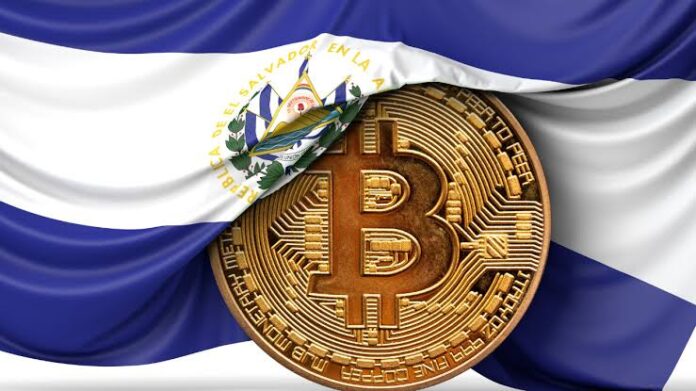In a recent disclosure by President Nayib Bukele, it has been revealed that El Salvador has doubled its Bitcoin reserves, now standing at 5,689 BTC, up from the previous 2,864 BTC. This move comes as the country continues to uphold its HODL strategy, even amidst market fluctuations and recent all-time high surges.
El Salvador embarked on its Bitcoin purchasing journey in September 2021, when Bitcoin was valued at $51,769. Despite facing scrutiny over President Bukele’s Bitcoin strategy following a significant drop in value from $69,000 in November 2021 to $16,000 a year later, the investment has proven profitable. Bitcoin’s resurgence, surpassing the average purchase price of $42,600 in February, has led to substantial gains for the country.
El Salvador Diversified Revenue Streams Bolster Bitcoin Holdings
While public tracking data indicates El Salvador’s Bitcoin holdings at 2,864 BTC, valued at $188 million, additional revenue streams contribute to the nation’s crypto portfolio. President Bukele mentioned in a recent post that these include revenue from a citizenship passport scheme, BTC mining operations, and government-provided services.
In December, El Salvador introduced its “Freedom VISA” initiative, offering residency to individuals investing a minimum of $1 million in Bitcoin or Tether (USDT) stablecoins. This move aims to further drive Bitcoin adoption within the country.
Inaugural Bitcoin “Piggy Bank” and Notable Transactions
This week, President Bukele announced the establishment of El Salvador’s inaugural Bitcoin “piggy bank,” housing 5,689.68 BTC valued at $406 million. Notably, the acquisition of the 5,689 BTC involved multiple transactions, including a significant transfer of 4,000 BTC, worth $273 million, executed on March 14.
President Bukele’s decision to link the country’s Bitcoin assets to a specific wallet address marks a shift towards increased transparency and accountability in reporting the nation’s crypto holdings, deviating from his usual social media updates.


